‘Working on Switzerland’s DNA’ via cultural policy

Carine Bachmann, director of the Federal Office of Culture, is paving a new course for the government’s cultural policy. In an interview with SWI swissinfo.ch she explains how, for Switzerland, this includes a stronger international commitment.
Bachmann has been in office since February 1, 2022, and has spent the past few months working intensively on the political strategies for the promotion of culture. These have now been laid down in the “Culture Dispatch”.
Bachmann grew up in Japan and Switzerland and studied psychology, film studies and international law in Zurich before moving to Geneva. Before taking on her new position in Bern, she worked in various roles in the cultural sector, including as programme manager for the international film and video festival VIPER in Lucerne. She is well versed in cultural policy, having headed the cultural department of the City of Geneva for more than ten years, where she was responsible for museums, libraries and cultural promotion.
SWI swissinfo.ch: In one sentence, what do you understand by good culture?
Carine Bachmann: Culture is not just for the elite, but for the whole of society – for all of us individually as human beings.
SWI: What do you mean?
C.B.: We are a country with four languages and four national cultures. The necessity to manage different cultures, as well as linguistic minorities and majorities, has shaped our entire political system. The second article of our constitution stipulates that the federal government should promote cultural diversity in Switzerland. I find that fascinating.

SWI: And what does this mean for the role of the Federal Office of Culture? This broad concept of culture sounds like a bit of everything and nothing at the same time.
C.B.: Above all it is a bit of everything. That was one of the great surprises when I started here in Bern. It’s a very broad mandate that reaches beyond the quality of what already exists to include amateur culture or support for film. Here we’re actually working on Switzerland’s DNA.
SWI: So what would you say is our DNA?
C.B.: Besides our experience in dealing with cultural diversity, we’re a country that is strongly characterised by a very active and well-established system of clubs and associations, also in culture. In addition, we’re a country with no raw materials. We’re dependent on innovation and creativity.
SWI: And what does this mean for Swiss cultural policy?
C.B.: We want to promote cultural participation through amateur culture, but not only like that. The promotion of innovation and creation is also incredibly important, as is social cohesion, which in Switzerland can be established only through respect for differences.
What is in the new Culture Dispatch?
The Federal Office of Culture, the Arts Council Pro Helvetia and the Swiss National Museum are realigning the focus of their activities in the so-called Cultural DispatchExternal link for the period 2025-2028. To this end, they have defined six fields of action:
– Culture as a world of work: contribution to adequate compensation and social security for professional cultural workers and equal opportunities in the cultural sector.
– Updating cultural funding: taking greater account of the work phases that precede and follow production.
– Digital transformation in culture: consideration of new digital and hybrid formats of production, spread and facilitation.
– Culture as a dimension of sustainability: strategy for a high level of building culture and measures to support sustainability in the cultural sector.
– Cultural heritage as a living memory: appreciation and communication of Switzerland’s tangible, intangible and digital cultural heritage and promotion of the professional and ethical handling of historically burdened cultural heritage.
– Governance in the cultural sector: more cooperation and coordination in the cultural sector, strong presence of Switzerland in international cultural policy.
The Culture Dispatch is subject to consultation with the cantons, parties and associations until September 22, 2023, before it is discussed in parliament and finally adopted.
SWI: This is a topic of intense discussion in cultural circles: 90% of the roughly CHF2.5 billion ($2.8 billion) of state cultural funding is distributed as fixed subsidies to cultural institutions – but only 10%-20% of the population actively use them. How does that correspond with your call to let as many people as possible participate in culture?
C.B.: It’s true that a lot of money goes to traditional cultural institutions. But the institutions are opening up and giving a lot back to society. I think it’s incredibly important that they work together with the artists and cultural workers of the independent scene. Cultural institutions and the independent scene must collaborate. That is absolutely fundamental.
SWI: Can you give an example of such collaboration?
C.B.: For example, when a museum invites artists to curate an exhibition from the existing collection. In other words, to re-examine historical art objects bequeathed to the museum, but from a contemporary perspective. Suddenly these museums attract a completely different audience. This is an effort that many museums in Switzerland are making today, reinterpreting objects from the past.

SWI: The new Culture Dispatch also states that you want to strengthen Switzerland’s presence in international cultural policy. How do you intend to do this?
C.B.: Switzerland’s isolation has a negative effect on culture. For example, since 2014 we have no longer been able to participate in the Creative Europe programme [the EU’s cultural funding programme]. We do have financial substitute measures for the film sector, which work quite well. But we must never forget that culture is internationally connected and we need this networking to strengthen Swiss culture. In this respect, we’re trying to build this network through all the channels that are open to us.
For example, we’re very involved with UNESCO [the United Nations agency that aims to promote world peace and security through international cooperation in education, arts, sciences and culture]. We’re also trying to strengthen culture at the Council of Europe and maintain contacts at the professional level. We want to show that Switzerland has something to say in international cultural policy.
SWI: What does Switzerland have to say on the international stage?
C.B.: Here again is where our DNA becomes significant. Switzerland’s specificities are very important in today’s world, also in the international context. For example, we became very involved after the Russian attack on Ukraine. We reacted quickly and contacted Ukrainian museums through the Swiss Museums Association.

The Federal Office of Culture is very active in the area of looted art and also in art from colonial contexts. It is now trying to strengthen relations with African countries. Switzerland’s involvement in international culture has been underestimated for a very long time, and we are now trying to raise its profile.
SWI: The Federal Office of Culture wants to support the creation of a Swiss platform to collate research results on the origin of looted art holdings from the times of Nazi rule and from the colonial era in public and private collections. Does this really solve the problem? In the end, what counts is what action is taken on the research results?
C.B.: We’re actively working on these issues. Provenance research is important, and transparent publication of the research results plays a central role. The platform you mentioned is an important step in this regard. However, these questions are not only about provenance research in the narrow sense, but also about dialogue with the affected countries or population groups. Ultimately, this research is done in order to find just and fair solutions.
That’s why our office was commissioned by the government to set up a commission of experts, similar to those in other countries, which can be consulted on controversial issues. The expert commission will then contribute – as you rightly say – in order to follow up the research results with action. The restitution of objects is one possible answer, but by no means the only one.

SWI: What else are you considering?
C.B.: Joint exhibition projects in Switzerland, but also conferences or educational work in the country itself. There are many exciting possibilities that will ultimately also offer something to Swiss museum visitors, because there will be new content and new perspectives on our cultural assets that we have in Switzerland.
SWI: That sounds very positive. Such clarifications about the origin of artworks can be very burdensome, especially for smaller museums.
C.B.: That’s true. For the smaller museums in Switzerland this is a new task and it sometimes causes them resource problems. That’s why we give them support. But it’s very important to me that such issues are not only seen as something negative and burdensome for a country, but also broaden our knowledge horizons and enhance our international contacts. This gives rise to a great many stories where one can ultimately build valuable international relationships through a burdensome cultural heritage.
Translated from German by Sue Brönnimann/ts

In compliance with the JTI standards
More: SWI swissinfo.ch certified by the Journalism Trust Initiative
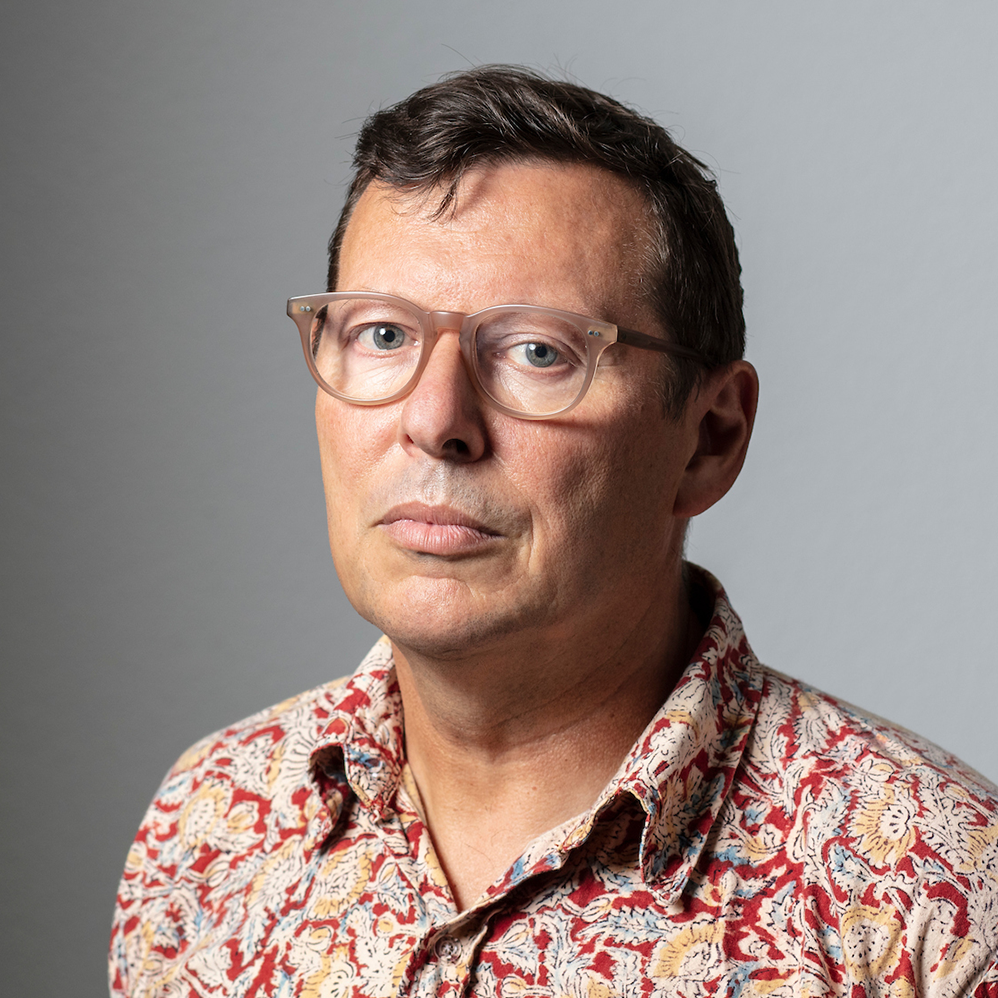
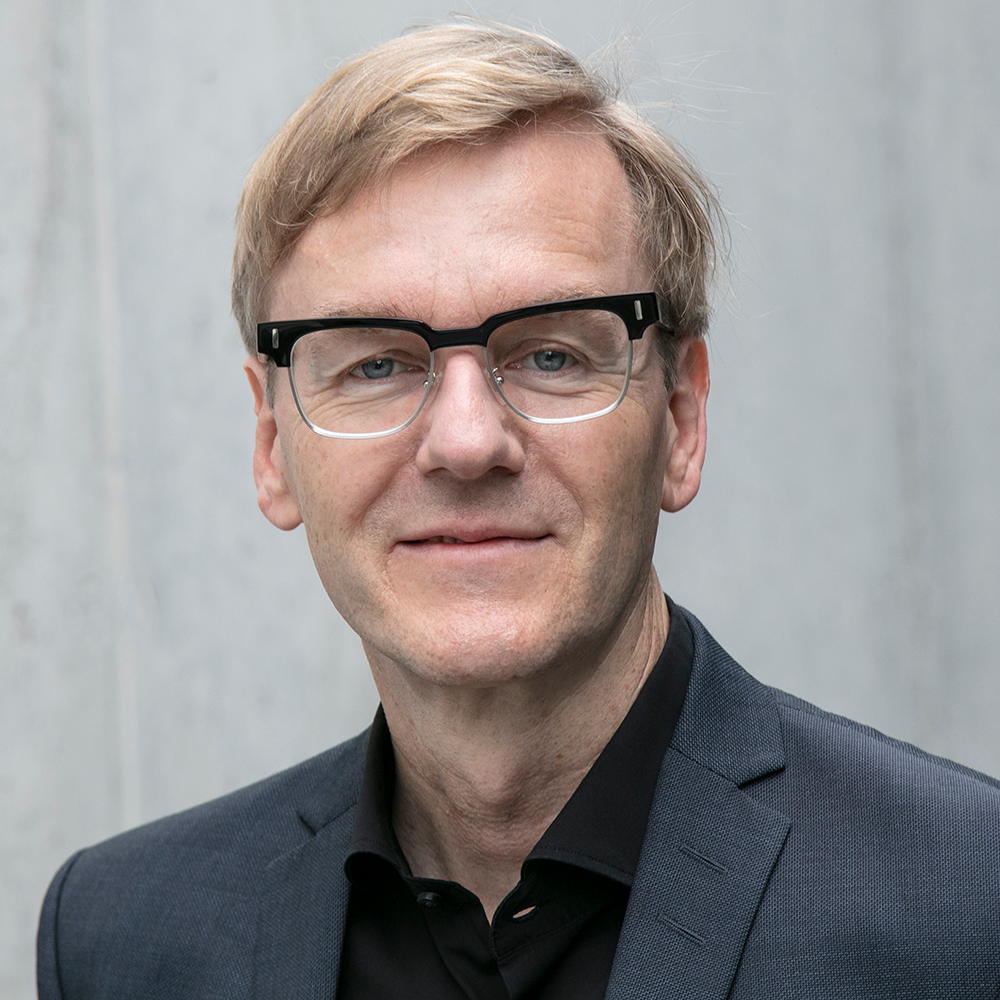








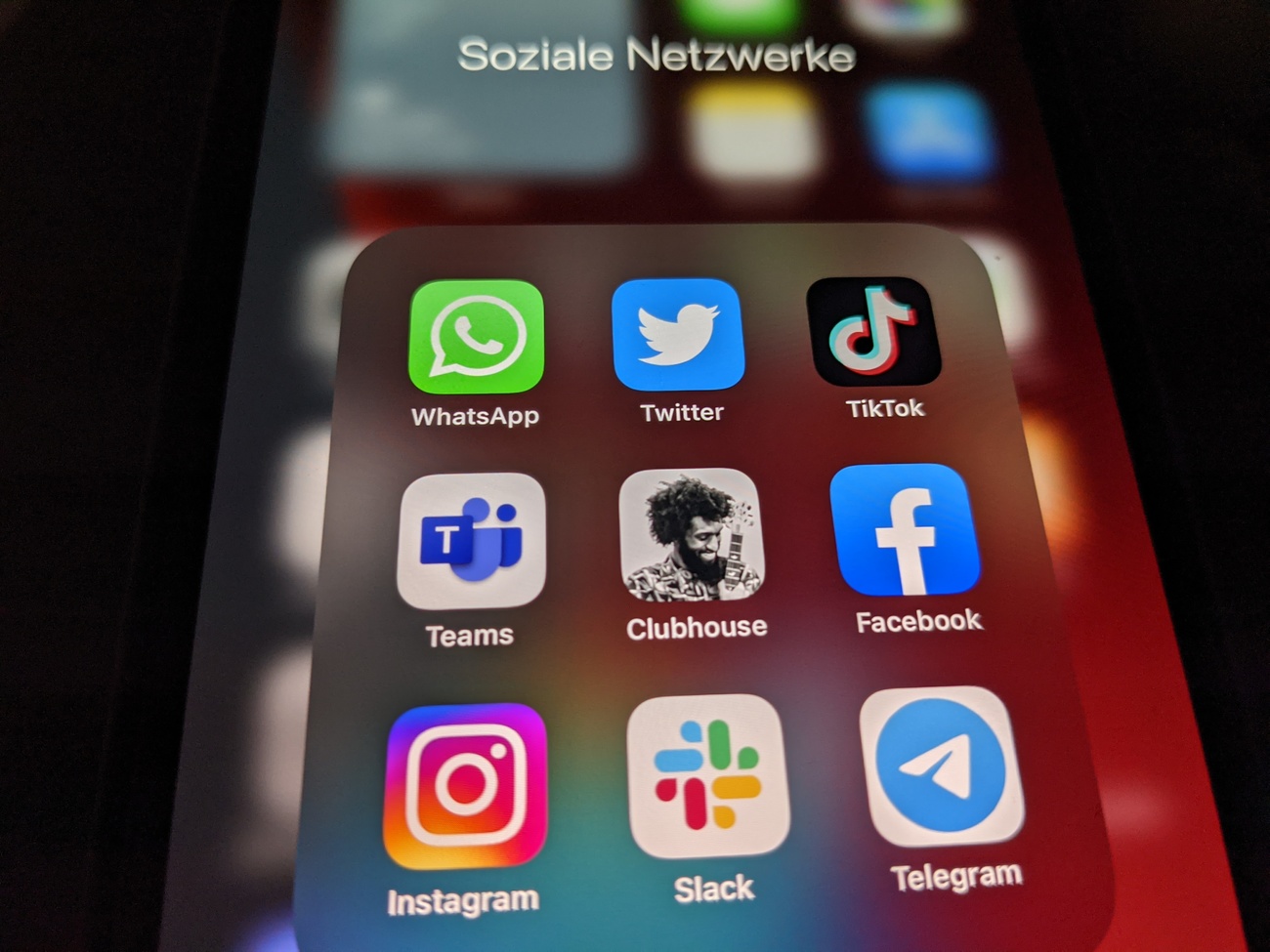
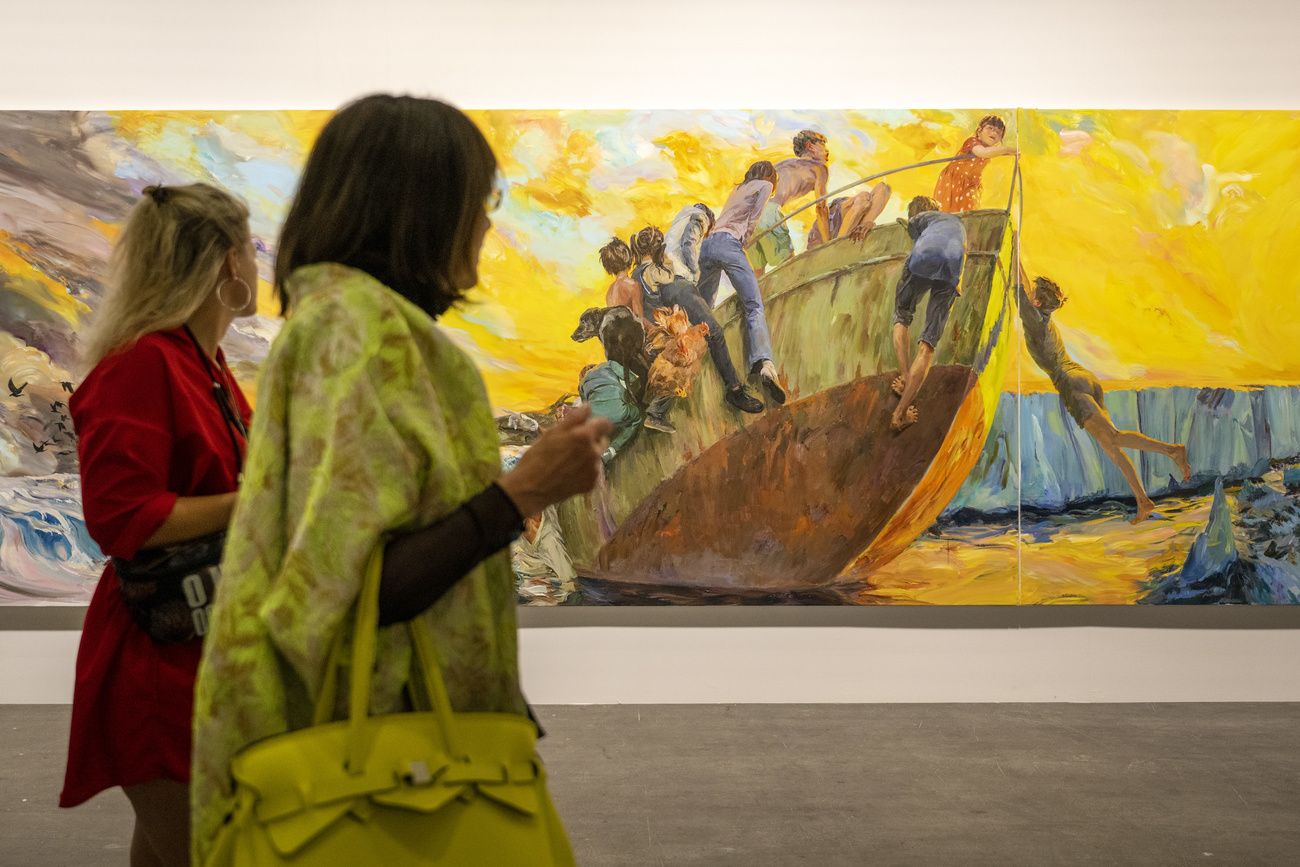
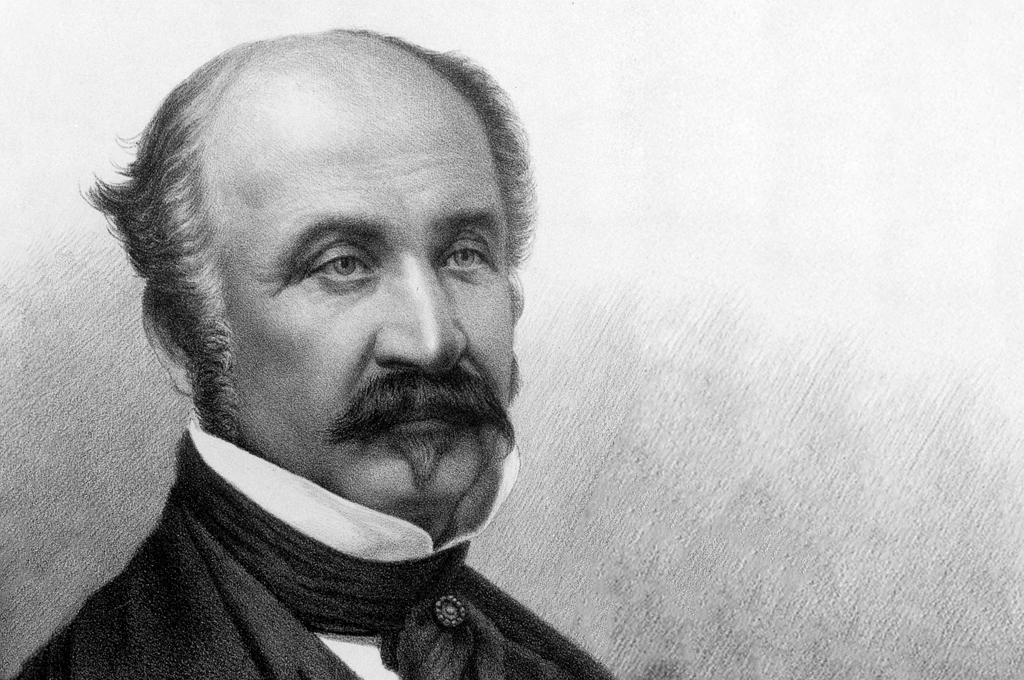
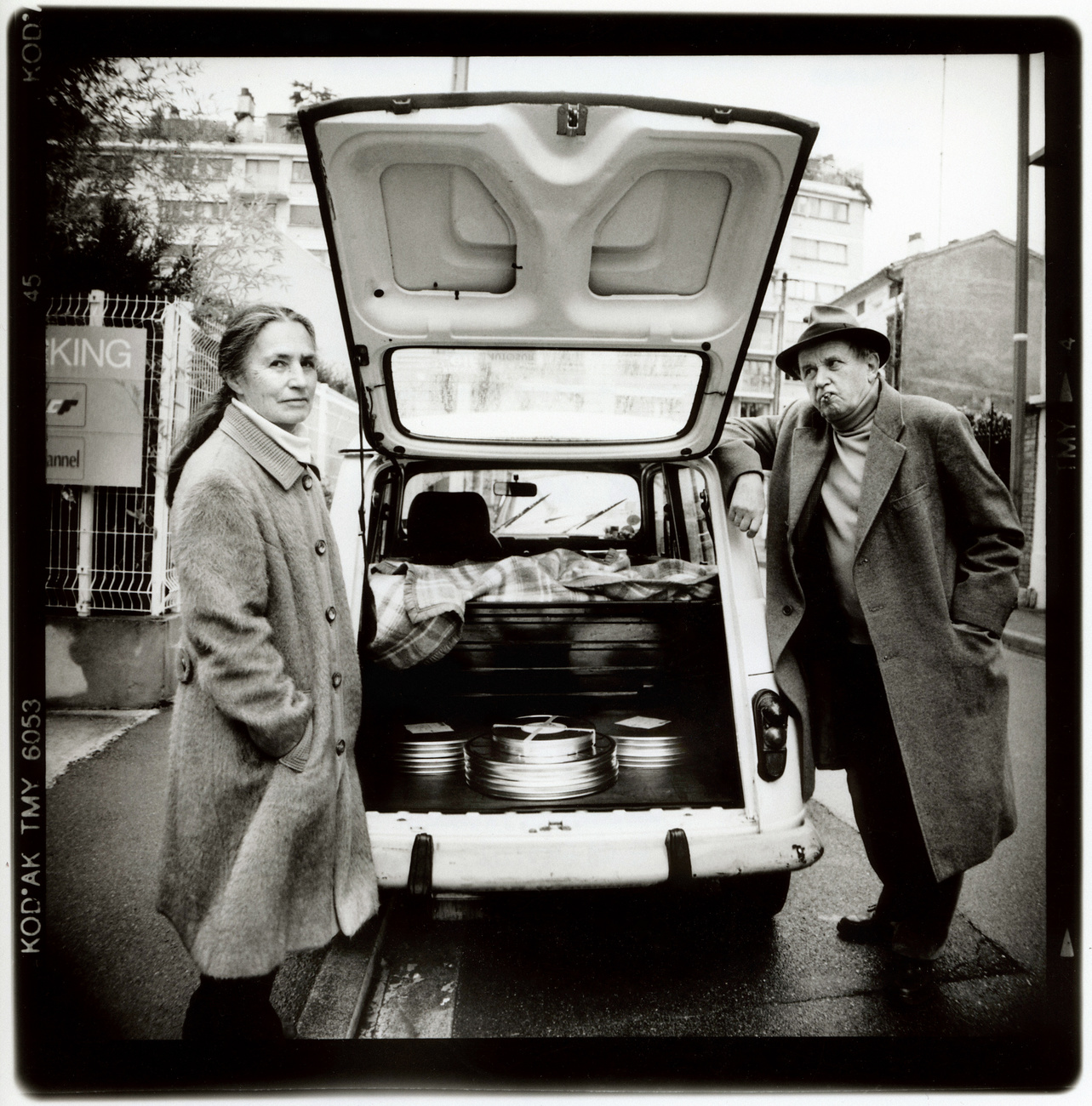
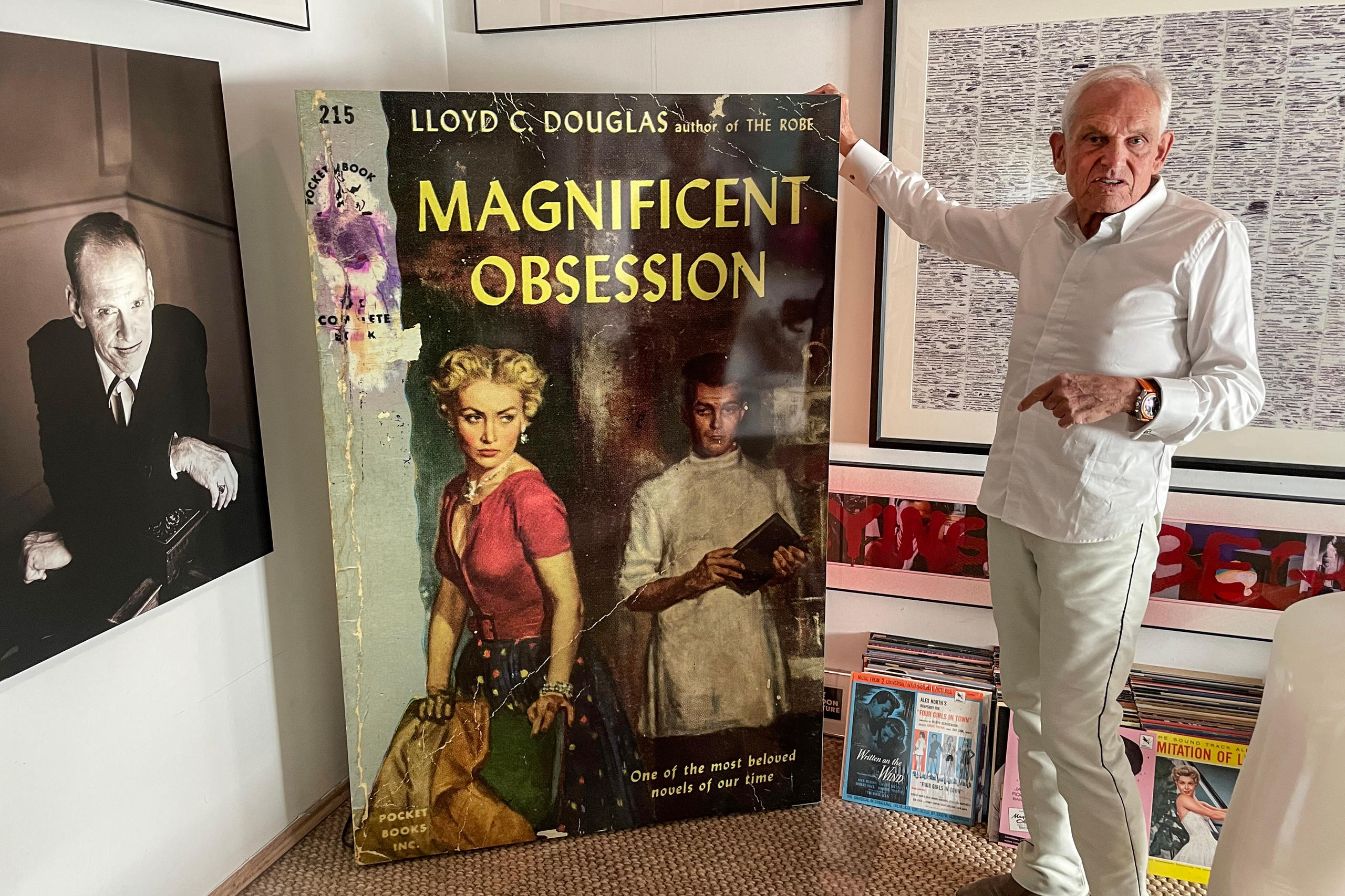
You can find an overview of ongoing debates with our journalists here . Please join us!
If you want to start a conversation about a topic raised in this article or want to report factual errors, email us at english@swissinfo.ch.